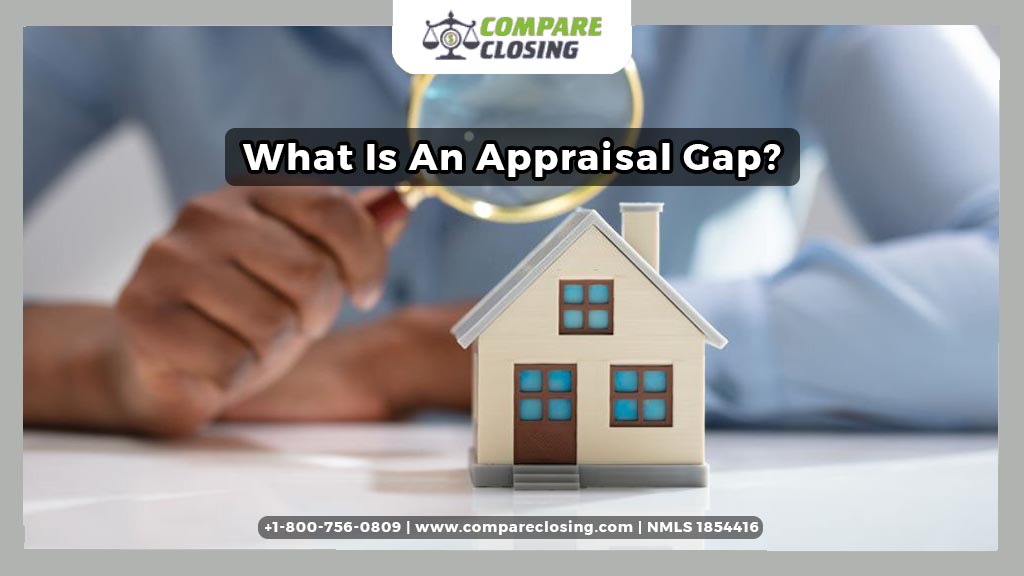An appraisal gap occurs when the appraised value of a home for sale is less than the purchase price agreed upon between the homebuyer and the seller.
The difference in appraised values and agreed-upon values is common in hot real estate markets. Real estate prices skyrocket when the number of buyers exceeds the number of homes for sale on the market.
It is challenging to keep up the pace of appraised values if the home values rise faster than the sales of comparable houses in the area.
An example of the difference in grade is if you are buying a property for sale for $250,000 and want to put a 10% down payment on $275,000 to stand out from the other bidders.
If the offer is accepted, the assessed value comes to $260,000. Unless the seller agrees to lower the price, you have to get the extra $15,000 from your pocket.





